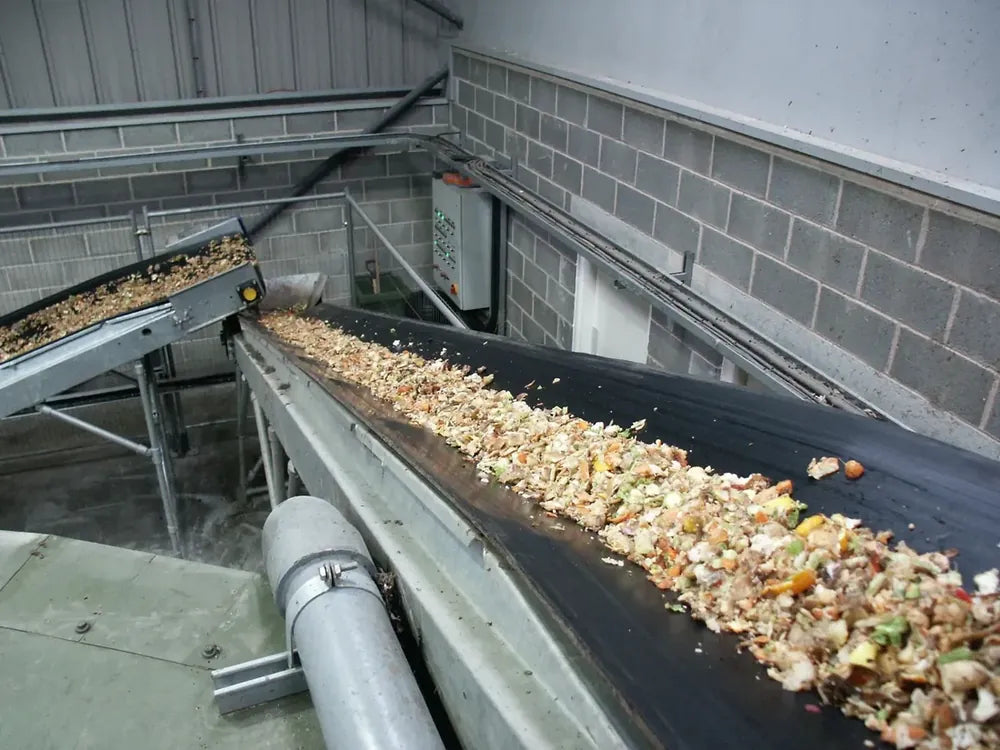Why not add these to compliment your wheelie bins?
Your basket is currently empty.
Shop NowWe guarantee to have the lowest price! Find the same bin for a cheaper price and we will beat it!

The UK throws away a staggering amount of food waste. The total amount of food thrown away by the supermarkets alone is thought to be over 4 million tonnes every year. And that’s without the food we throw away.
Why is waste a problem?
An investigation carried out by the Waste and Resources Action Programme (WRAP) in conjunction with Tesco looked at how much of a problem food waste has become in the UK. Tesco admitted that 68% of bagged salads get thrown away, 25% of grapes were thrown away, and 1/5 of all the bananas they sell were thrown away.
So we know that wasting food is bad, but why exactly does it have such a negative impact on us and on the environment?

Why is food being wasted?
Supermarkets are to blame, and of course, we are to blame. We buy far more than we need, and we don’t plan well enough to eat food within its sell-by date. We can waste less food with a bit of planning, but it’s also up to supermarkets to temper their special offers which often encourage us to over buy in the first place. Sell-by and use-by dates can also be confusing for customers.
Why do supermarkets throw away so much food?
Consumers will only buy food which looks ‘perfect’
Irregular shaped or bruised fruit or vegetables just won’t sell, and staff often go through produce to get rid of any misshapen or otherwise imperfect items. Remember the EU regulations about which types of bananas shops were allowed to sell? Legislation has played its part in creating waste too.
Use-by and sell-by dates
These are provided by manufacturers, and are mostly an indication of how long you can expect the product to retain its optimal taste and texture for. Many people won’t buy items which are close to their sell-by date for fear it will go ‘off’ quickly.
We buy a lot of ready meals
This hits the fresh foods. We know that they will go off quicker, so many people buy frozen meals in the knowledge that they have a much longer shelf life, so a lot of fresh produce is simply discarded.

What can be done?
Donate food to people in need
Often supermarkets throw out perfectly useable food, even though it may be in good condition, when it could be given to people in need.
Draw attention to food reaching its sell-by date
Many shoppers can find a bargain in the clearance section of their supermarket. Stores often sell food which is nearing its sell-by date at a cheaper price, and the food is in perfectly good condition. This is a good way to avoid throwing it away.
What is being done?
Tesco
Tesco’s participation in the WRAP food waste study provoked them to change some of their policies to reduce food waste. Their main policies are:
Fareshare
Fareshare is a UK charity which aims to relieve food waste and reduce levels of food poverty. They work with major supermarkets to provide unsold food to people in need rather than just throwing it away. Another charity called the Real Junk Food Project operate cafes which sell meals made with the produce that otherwise would have ended up in landfill.